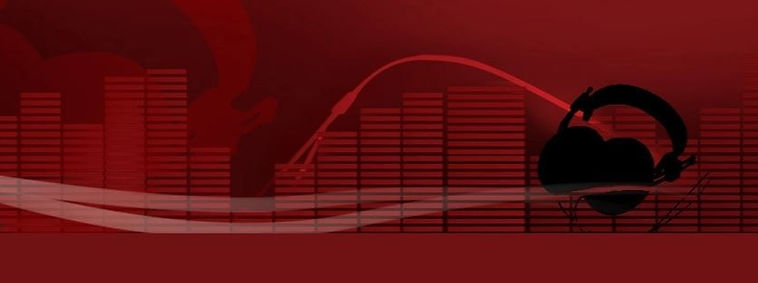

A look at the world of free radio from Europe
Shortwave Radio Pirates

FEATURED QSL
An eQSL from Central Radio International, broadcasting from the UK on shortwave
WHERE TO FIND FREE RADIO STATIONS
Most stations can be found in specific parts of the shortwave spectrum.
76 metres: 3900-3945/4010-4100 kHz:
This is popular with European pirates, especially in the evenings when skip is longer, and during the day in winter months.
60 metres: 4700-5150 kHz:
Once this band was full of stations from Africa, Asia and South America but not now. This part of the band has become increasingly popular with pirate stations such as Charleston Radio on 5140 and Mystery 21 around 4870.
52 metres: 5780-5840 kHz:
European pirates can also be found here, overspill from 48 metres.
48 metres: 6200-6400 kHz:
This is a prime area for the Euro-pirates, especially at weekends, although some are also using the 49 metre broadcast band
47-42 metres: 6400-6900 kHz:
Other pockets of pirate activity occur in this area ... in particular between 6400 & 6450 and around 6850. Stations often pop up wherever they find a clear frequency
43 metres: 6900-7000 kHz:
This area tends be mostly used by North American pirates, but is also used by some Euro-pirates.
39 metres: 7500-7750 kHz:
Unreliable propagation means this band isn't widely used but some Euro-pirates can be heard here.
Others also can be heard on higher shortwave frequencies ... such as 9290, 12256, 15070 among others.
Very few operate to fixed schedules and will just come on air when they feel like it. Weekends are the busiest times, especially Sunday mornings in Europe. Some can be heard outside these frequencies.
A good source for finding out which stations are on air is the popular Pirate Radio Chat where stations and DXers chat about all things pirate radio. Go to: https://xat.com/PirateRadio2011
What can you expect to hear:
The vast majority of European pirates come from the Netherlands, although there are also active stations in Germany, UK, Scandinavia and Italy and other European countries. The main diet is music - pop, rock, dance, schlager, polka, indie. Some of the programmes are pre-recorded, others transmitted live. Power used ranges from a few watts to up to 1kW (or more sometimes!).
Many will issue QSLs for correct reception reports. See the QSL Gallery section for QSLs I've received over the years.
The Addresses section has contact and web site details for many pirates.
The Links page has many links to websites with logs, information and other useful resources for the DXer.
So, happy hunting!
UPDATES
-
Jan 28 2026: Addresses: Reggae Radio
-
Jan 27 2026: QSL Gallery: Radio Uniek
-
Jan 24 2026: Addresses: Radio Mix Channel
-
Jan 14 2026: QSL Gallery: Premier Radio Int, Radio Vitess. The Dance Network; Addresses: Radio Vitess
-
Jan 5 2026: QSL Gallery: Central Radio Int, Radio Balconia; Addresses: Radio Starlight, Swinging Radio England, Concept Radio, HSR
-
Dec 22 2025: QSL Gallery: Radio Buurman & Buurman, Radio Uniek; Addresses: Central Radio Int
Google Translator
Share on Facebook
RECENT QSLs
.jpg)
.jpg)
.jpg)
.jpg)
